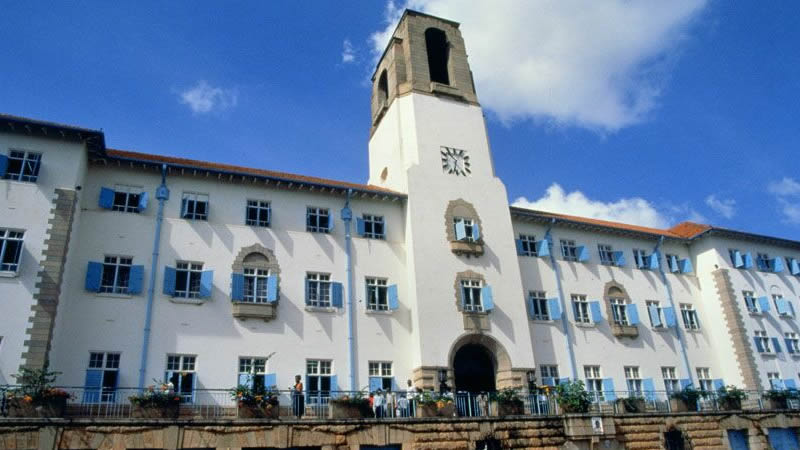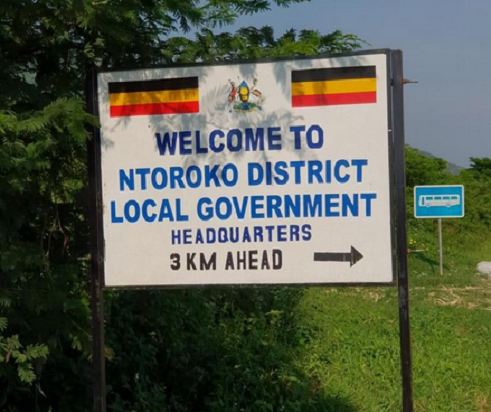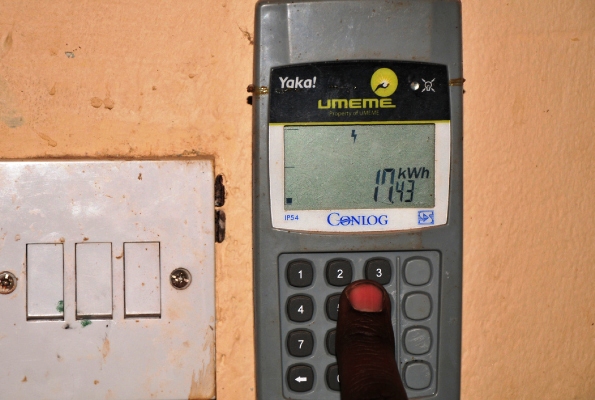Makerere University School of Public Health has developed a digitalized COVID-19 surveillance system tailored for learners to combat the virus in learning institutions. Irene Wanyana Ssali, a Health Information specialists and one of the researchers, says the digitalized COVID-19 surveillance system can trace contacts, aid self-examination for COVID-19 symptoms and maintain situation awareness among learners.
Ssewanyana says that while many mobile applications have been developed to offer solutions to the COVID-19 pandemic, this would be the first custom made for learning institutions. It was designed to suit and favour the learning environment especially higher institutions of learning.
“As we await vaccination of learners which may not be so soon, this system once approved can be a step to help ensure that there is continuity with learning institutions which have always been shut down,” she said. The digitized surveillance system works with smartphones. Once installed, a learner can on regular basis fill in the information concerning their health status in relation to COVID-19 with an assessment aid provided by the application. Information received is monitored from a dashboard created by the school of public health to monitor students in regard to COVID-19 infection.
Supported by GPS functionality within the application, the students’ location can be traced with ease especially to ensure that the suspect is in isolation. With Makerere University as the study case for this innovation, from March to June 2021, the usability and feasibility of the application was tested on thirty students from different colleges and found applicable for higher institutions of learning.
Over 175 students at the university own smartphones, which became a necessity when online learning became a solution to the effects of the pandemic. Dr. Sarah Byakika, the Commissioner Planning Ministry of Health, emphasizes that the school calendar has been highly affected and innovations like these are part of the solution for schools to adapt to the situation.
Moses Balok, a COVID-19 survivor and student at Makerere University, notes that this innovation will be helpful as he suspects to have contracted the infection from a friend in class who ignored isolation.
“You know students feared to go for testing and continued mixing during class hours for fear of stigma. If the location of such students can be traced down to ensure isolation, infection will be less,” he said.
Nelson Ssewanyana, the Makerere Guild Health Minister feels this innovation is ideal in relation to prevailing circumstances. He argues that though the innovation is good and needful for such a time, acceptability from students to routinely feed data into the application is hard.
“Not many students are self-disciplined or vigilant about Covid-19 to keep updates daily on the application unless there is an incentive for them from it,” he said. This will not be the first kind of digital innovation for surveillance since the outbreak of COVID-19. Digital applications have been adopted to trace contacts, locate bed space for critical COVID-19 patients.
According to the Ministry of Health at the onset of the second wave of COVID-19 in the country this year, they registered a 12% percent increase of infections among people of school-going ages between 10-19 years. This was followed by the presidential directive closing all schools on June 7th, 2021 to prevent further infection.
Similar to the first wave, schools have been considered high-risk areas for COVID-19 infection due to the high population that makes the observance of standards of operation procedure hard.





